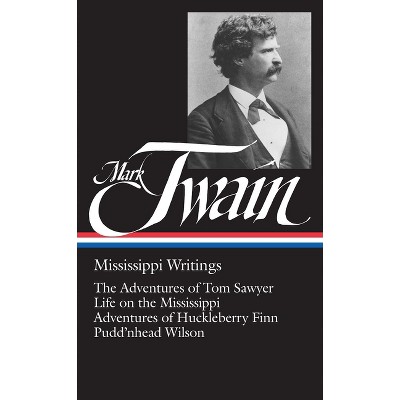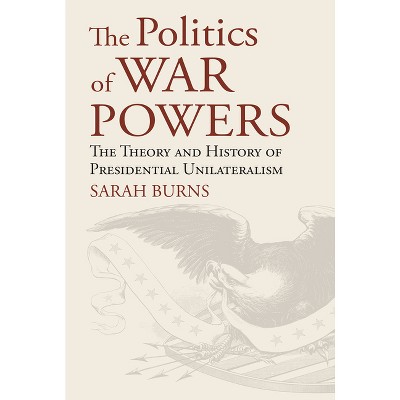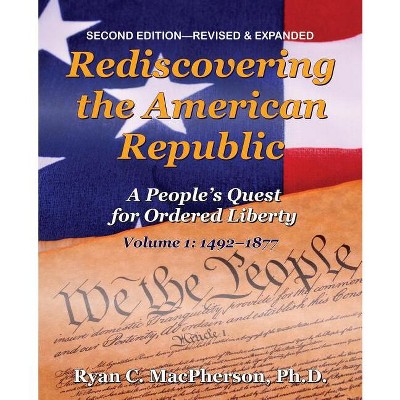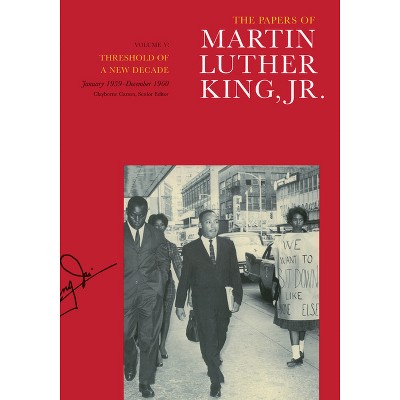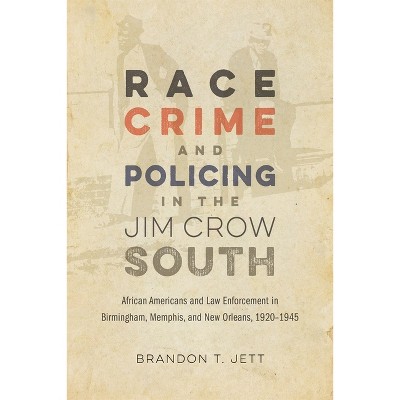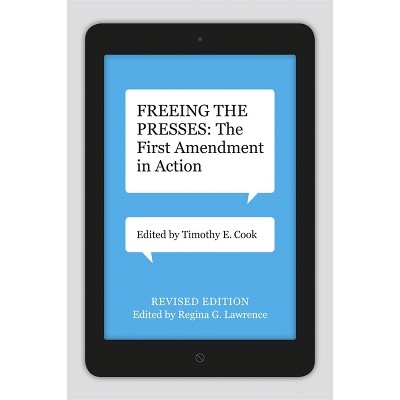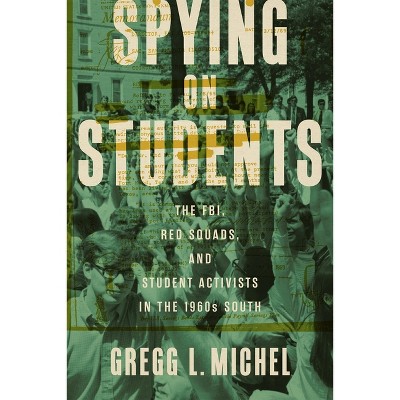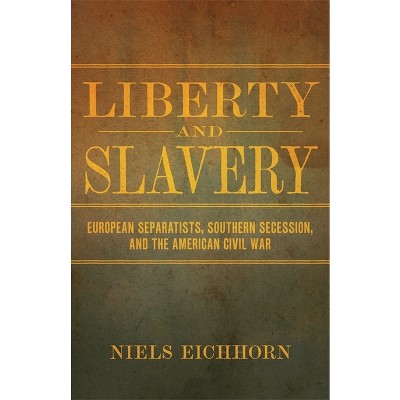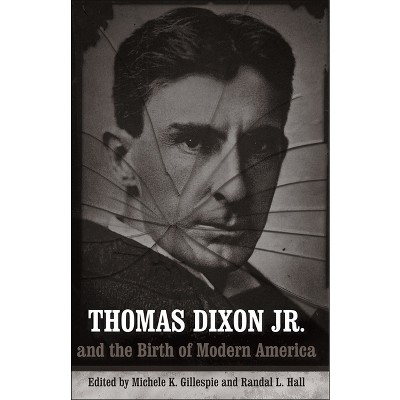Sponsored

Slavery's Fugitives and the Making of the United States Constitution - by Timothy Messer-Kruse (Hardcover)
In Stock
Sponsored
About this item
Highlights
- Slavery's Fugitives and the Making of the United States Constitution unearths a long-hidden factor that led to the Constitutional Convention in 1787.
- About the Author: Timothy Messer-Kruse is a professor in the School of Cultural and Critical Studies at Bowling Green State University and author of The Patriots' Dilemma: White Abolition and Black Banishment in the Founding of the United States of America (Pluto Press, 2024).
- 240 Pages
- History, United States
Description
About the Book
"Timothy Messer-Kruse's study boldly argues that a critical factor in the convening of the Constitutional Convention of 1787 was white American fury at the British evacuation of enslaved Black Americans at the end of the Revolutionary War. Historians have well documented that after Virginia's royal governor-Lord Dunmore-offered freedom to enslaved persons in exchange for their service to the Crown in 1775, the British provided encouragement and sanctuary to them throughout the Revolutionary War. In the conflict's last years, British forces evacuated many such fugitives from Charleston and Savannah. They also gathered thousands of runaways in their last stronghold in New York City. Once the war ended, the American Continental Congress issued orders to its diplomats negotiating peace terms to demand the return of these "fugitives." As a result, in the Treaty of Paris, the British agreed not to remove any enslaved Americans. Nevertheless, as Messer-Kruse shows, when the British finally quit Manhattan, they transported with them thousands of fugitives from American slavery. Several states immediately passed laws to pressure the United Kingdom to return them by seizing Loyalist property and canceling debts to English merchants. Soon, it became apparent to patriot leaders that such state actions imperiled the peace, American trade, and the future of the West. Unlike other crises in this so-called "crucial era," there was no route for Congress to resolve state violations of a duly ratified international treaty under the Articles of Confederation. This impasse pushed key national leaders to embrace the call for a complete restructuring of the fundamental charter of government. However, even after states ratified the Constitution, the issue of the "carried-off" resonated through American society and animated such pivotal events as the Jay Treaty Controversy of 1795-1796 that bred the first formal political parties. Surprisingly, no other books link the issue of British protection of the formerly enslaved and the road to the United States Constitution. Though many historians have documented the salience of slavery in the drafting of the Constitution, none have explicitly linked it to the events leading to the Convention. Instead, the story of the determined efforts of patriot leaders to recapture formerly enslaved persons, even at the risk of renewed war and international isolation, seems to have been systematically silenced. Messer-Kruse's study is thus a novel and paradigm-shifting interpretation of America's origins that should attract much academic and popular attention"--Book Synopsis
Slavery's Fugitives and the Making of the United States Constitution unearths a long-hidden factor that led to the Constitutional Convention in 1787. While historians have generally acknowledged that patriot leaders assembled in response to postwar economic chaos, the threat of popular insurgencies, and the inability of the states to agree on how to fund the national government, Timothy Messer-Kruse suggests that scholars have discounted Americans' desire to compel Britain to return fugitives from slavery as a driving force behind the convention.
During the Revolutionary War, British governors offered freedom to enslaved Americans who joined the king's army. Thousands responded by fleeing to English camps. After the British defeat at Yorktown, American diplomats demanded the surrender of fugitive slaves. When British generals refused, several states confiscated Loyalist estates and blocked payment of English creditors, hoping to apply enough pressure on the Crown to hand over the runaways. State laws conflicting with the 1783 Treaty of Paris violated the Articles of Confederation--the young nation's first constitution--but Congress, lacking an executive branch or a federal judiciary, had no means to obligate states to comply. The standoff over the escaped slaves quickly escalated following the Revolution as Britain failed to abandon the western forts it occupied and took steps to curtail American commerce. More than any other single matter, the impasse over the return of enslaved Americans threatened to hamper the nation's ability to expand westward, develop its commercial economy, and establish itself as a power among the courts of Europe. Messer-Kruse argues that the issue encouraged the founders to consider the prospect of scrapping the Articles of Confederation and drafting a superseding document that would dramatically increase federal authority--the Constitution.Review Quotes
"This book admirably demonstrates the far reach of slavery into the early republic's economy, political structure, and international diplomacy and explains why the issue of unreturned slaves was considered such a threat to the new nation. Recommended."--CHOICE
About the Author
Timothy Messer-Kruse is a professor in the School of Cultural and Critical Studies at Bowling Green State University and author of The Patriots' Dilemma: White Abolition and Black Banishment in the Founding of the United States of America (Pluto Press, 2024).
